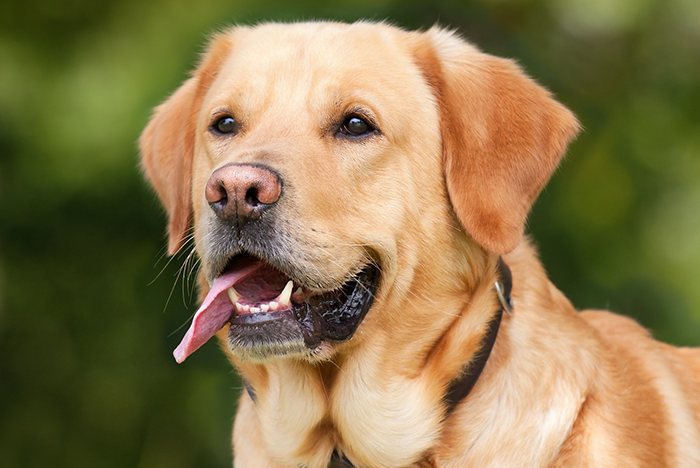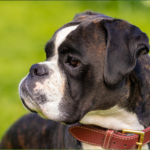- Otter-like Tails: Labradors have unique, otter-like tails that act as rudders, making them exceptional swimmers.
- Soft Mouths: They are known for their “soft mouth” ability, which allows them to carry objects without damaging them. This trait is especially valued in hunting and retrieving.
- Famous Rescuers: Labradors are often used in search-and-rescue missions due to their keen sense of smell and strong tracking abilities.
Breed Information
| Origin | Newfoundland, Canada |
| Alternate Name | Lab |
| Life Expectancy | 10-12 years |
| Average Height | Male: 22.5-24.5 inches, Female: 21.5-23.5 inches |
| Average Weight | Male: 65-80 lbs, Female: 55-70 lbs |
| Coat Length | Short |
| Coat Type | Dense, water-resistant |
| Coat Color | Black, yellow, chocolate |
Brief History
The Labrador Retriever originated in Newfoundland, Canada, where fishermen initially used it to help retrieve nets and catch fish that escaped from fishing lines. The breed was refined in the United Kingdom, gaining recognition for its retrieving prowess and friendly nature.
Strengths and Weaknesses
Strengths:
- Friendly and Social: Labs are known for their friendly, outgoing personalities, making them great family pets.
- Versatile: They excel in various roles, including as service dogs, therapy dogs, and in search-and-rescue missions.
- Intelligent: Their high intelligence makes them highly trainable and eager to please.
Weaknesses:
- Health Issues: Prone to hip dysplasia, obesity, and other genetic disorders.
- High Energy: Regular exercise and mental stimulation are required to prevent boredom and destructive behavior.
- Shedding: Regular shedding requires consistent grooming.
Care Tips
- Diet: Feed a balanced diet and monitor their weight to prevent obesity. Labs tend to overeat, so portion control is essential.
- Exercise: Provide daily exercise, such as walks, playtime, and swimming, to keep them physically and mentally stimulated.
- Grooming: Brush regularly to manage shedding and keep their coat healthy. Bathing should be done as needed.
- Health Checks: Regular veterinary visits are crucial for the early detection of common health issues and to keep vaccinations up-to-date.
More Fun Facts
- Guide Dogs: Labradors are among the most popular breeds for guide and assistance dogs due to their trainability and gentle nature.
- Presidential Pets: Several U.S. presidents, including Bill Clinton and George H.W. Bush, have had Labradors as pets.
- Playful Nature: Labs retain their playful, puppy-like behavior well into adulthood, making them perpetual sources of joy and entertainment.



